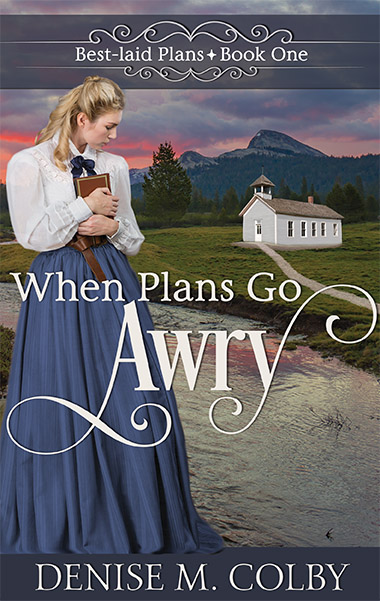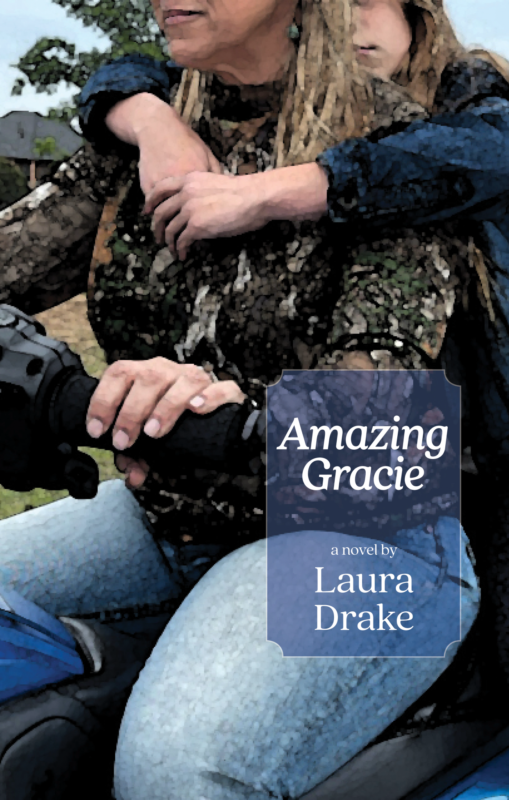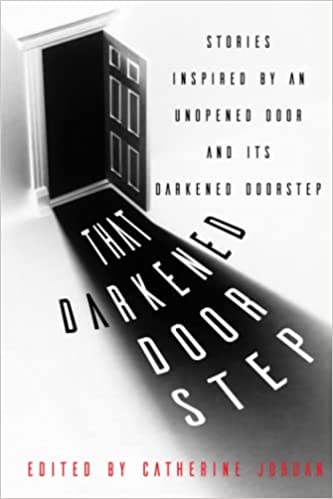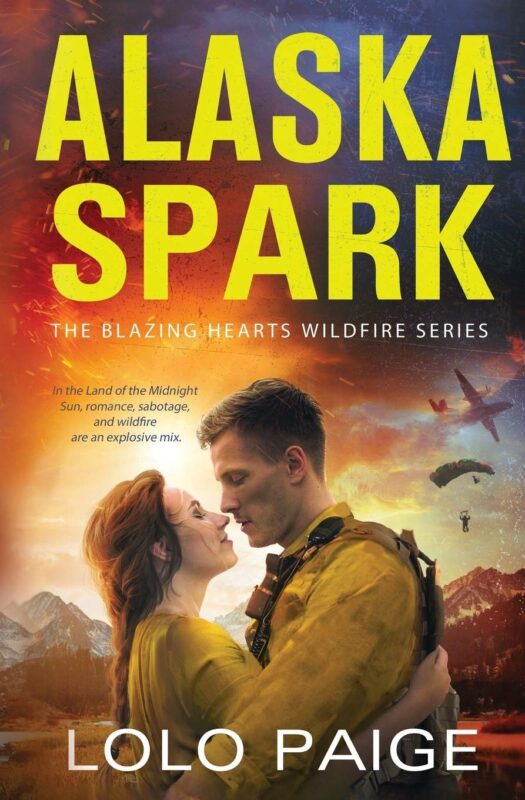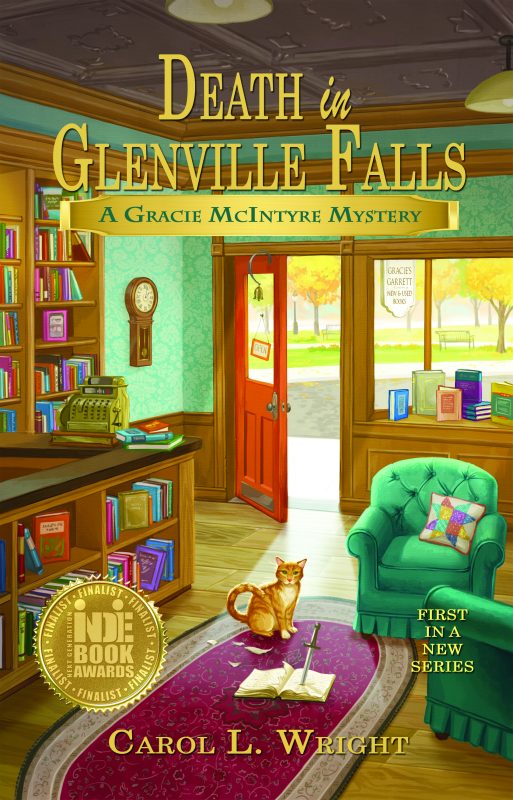Dear Extra Squeeze Team, Is My Blurb Too Long . . . Help?
December 31, 2020 by The Extra Squeeze in category The Extra Squeeze by The Extra Squeeze Team tagged as back cover copy, book blurb, description, The Extra Squeeze Team, writing
Dear Extra Squeeze Team, I am afraid I am telling too much in my book description; it is really long, and I don’t know how to shut up…how do I make it concise?
Robin Blakely
PR/Business Development coach for writers and artists; CEO, Creative Center of America; member, Forbes Coaches Council.
If you think you are telling too much, you probably are. Likely, you are caught up in the literal play-by-play of the work, rather than the essence of the story that makes the reader want to read. One way to make the description shorter and more interesting is to step away from the task completely for a bit. Ask readers of the manuscript to send you their descriptions. Acquire three or four descriptions and blend those descriptions. Try not to get too emotionally caught up in the story of the story. Remember: this is about coaxing readers to read, not writing a book report to prove you know what happened.
H.O. Charles
Cover designer and author of the fantasy series, The Fireblade Array
Start with the pieces you want to keep, so that it makes sense, and strip out everything else. Too much description? Too many adjectives? Look at bestseller summaries and take some inspiration from their structure. They will have had whole teams to work on theirs, so don’t worry if it takes you a while to get it right.

Jenny Jensen
Developmental editor who has worked for twenty plus years with new and established authors of both fiction and non-fiction, traditional and indie.
A good book description works more like a lure than a synopsis. Intricate descriptions of ‘what happens’ is too much tell, so don’t give away the story. Try dangling the promise of a great read by hitting the plot highlights as they happen on your dramatic arc — and then leave it dangling before you hit the denouement.
If you pare it down to just those points that support and move the plot — this could be characters, the problem, the compelling idea — and make the tone fit the story — eerie for horror, soft for romance, brittle for a thriller, punchy for humor — it makes the task more manageable.
A book description is not the condensed version; it’s an opportunity to tantalize and intrigue a reader with what makes your story irresistible.

Rebecca Forster
USA Today Bestselling author of 35 books, including the Witness series and the new Finn O’Brien series.
My gut is my favorite writing tool, too. Kudos on recognizing something is wrong. Regarding blurbs, I have taken a lesson from my friends who write scripts and I start with a logline. This is one sentence that lays out the hero, the goal, and the challenge the hero faces.
This is a story about a woman determined to save her family from the ravages of the Civil War no matter what the personal cost.
That is Gone with The Wind in one sentence. Once you have your log line, build on it. Use active words, dramatic words, and draw the reader into the story and stop before you give it away. This is the one piece of writing you should edit, and edit, and edit, and then edit one more time. Blurb writing is a craft to be honed.

Ever wonder what industry professionals think about the issues that can really impact our careers? Each month The Extra Squeeze features a fresh topic related to books and publishing.
Amazon mover and shaker Rebecca Forster and her handpicked team of book professionals offer frank responses from the POV of each of their specialties — Writing, Editing, PR/Biz Development, and Cover Design.
If you have a question for The Extra Squeeze Team, use our handy dandy contact form.

